Digital Marketing is Driving Business Growth
In today’s fast-paced digital world, businesses can no longer rely solely on traditional marketing strategies. Customers are online, searching for products, comparing services, and making decisions in real-time. This shift in consumer behavior has made digital marketing an essential tool for driving business growth. From small startups to large enterprises, companies are leveraging digital platforms to reach wider audiences, build strong relationships, and increase revenue.
This article explores how digital marketing is driving business growth, its key strategies, benefits, and the future of online marketing.
What is Digital Marketing?
Digital marketing refers to promoting products and services using online channels such as search engines, websites, social media platforms, email, and mobile apps. Unlike traditional marketing, digital marketing focuses on data-driven strategies, audience targeting, and measurable results.
Key elements of digital marketing include:
- Search Engine Optimization (SEO)
- Pay-Per-Click Advertising (PPC)
- Social Media Marketing (SMM)
- Content Marketing
- Email Marketing
- Influencer Marketing
- Affiliate Marketing
Why Digital Marketing Matters for Business Growth
Businesses today cannot ignore digital marketing because:
- Customers are online: Over 5 billion people worldwide use the internet.
- Cost-effective: Digital marketing is more affordable than TV, radio, or print ads.
- Measurable results: Every click, impression, and conversion can be tracked.
- Targeted reach: Businesses can focus on specific audiences based on interests, demographics, and behavior.
- Global expansion: Even small businesses can reach international markets through online campaigns.
How Digital Marketing Drives Business Growth
1. Increases Online Visibility
With billions of searches conducted daily, businesses that appear on the first page of Google search results gain higher visibility. Through SEO and paid advertising, companies attract potential customers who are actively looking for their products or services.
2. Builds Strong Brand Awareness
Social media platforms like Facebook, Instagram, TikTok, and LinkedIn allow businesses to build brand awareness quickly. Engaging posts, videos, and ads reach millions of users, helping companies create a strong identity and recognition in the market.
3. Generates Qualified Leads
Unlike traditional marketing, digital marketing focuses on reaching customers who are already interested. For example, Google Ads target people searching for specific keywords, while Facebook Ads target users based on interests and demographics. This ensures that leads generated are more likely to convert into paying customers.
4. Improves Customer Engagement
Interactive content such as polls, quizzes, live videos, and personalized email campaigns keeps customers engaged. Businesses that communicate regularly with their audience build trust, which leads to long-term customer loyalty.
5. Provides Data-Driven Insights
Digital platforms provide detailed analytics about user behavior, campaign performance, and ROI. With this data, businesses can make informed decisions, refine their strategies, and maximize their marketing budgets.
6. Enhances Customer Experience
AI-powered chatbots, personalized recommendations, and email automation improve customer experiences. By offering 24/7 support and tailored communication, businesses enhance satisfaction and retention.
7. Boosts Sales and Revenue
The ultimate goal of digital marketing is to increase conversions. Whether through SEO-driven organic traffic, social media ads, or remarketing campaigns, businesses see higher sales and revenue by strategically targeting the right audience.
Key Digital Marketing Strategies Driving Growth
1. Search Engine Optimization (SEO)
SEO ensures a business ranks higher in search results, making it easier for customers to find. Optimizing websites, content, and keywords boosts organic traffic and long-term visibility.
2. Pay-Per-Click Advertising (PPC)
Platforms like Google Ads and Bing Ads allow businesses to bid on keywords and display ads to potential customers. PPC provides immediate results and is highly effective when combined with SEO.
3. Social Media Marketing (SMM)
Social media platforms are powerful tools for brand promotion, lead generation, and customer interaction. Businesses use platforms like Instagram for visuals, LinkedIn for B2B networking, and TikTok for viral campaigns.
4. Content Marketing
Blogs, videos, infographics, and podcasts educate audiences and establish a brand as an authority. Valuable content not only attracts customers but also builds trust and loyalty.
5. Email Marketing
Email remains one of the most effective channels for customer retention. Personalized offers, product updates, and newsletters keep customers informed and engaged.
6. Influencer and Affiliate Marketing
Collaborating with influencers helps businesses tap into new audiences, while affiliate programs reward marketers for driving traffic and sales.
7. Marketing Automation
Tools like HubSpot, Mailchimp, and ActiveCampaign automate repetitive tasks such as email campaigns, lead nurturing, and social posting—saving time while increasing efficiency.
Benefits of Digital Marketing for Businesses
- Higher ROI: Digital marketing provides measurable results and better returns compared to traditional advertising.
- Global Reach: A small business can sell globally without opening physical stores.
- Personalization: AI-driven tools allow businesses to offer personalized experiences to customers.
- Flexibility: Campaigns can be adjusted in real-time based on performance.
- Competitive Advantage: Businesses using digital marketing stay ahead of competitors relying only on offline methods.
Digital Marketing for Small Businesses
Small businesses benefit the most from digital marketing because it levels the playing field. With minimal investment, local shops and startups can compete with larger brands by targeting niche audiences through local SEO, Google My Business, and social media campaigns.
Challenges in Digital Marketing
While digital marketing drives business growth, challenges remain:
- High competition in popular niches.
- Constant algorithm updates from search engines and social platforms.
- Ad fatigue as customers get overwhelmed with promotions.
- Data privacy concerns due to stricter regulations like GDPR.
Businesses that adapt to these challenges with creativity and ethical practices gain long-term success.
The Future of Digital Marketing
The future of digital marketing looks exciting with new technologies:
- Artificial Intelligence (AI): Personalization, chatbots, and predictive analytics.
- Voice Search: Optimization for smart speakers like Alexa and Google Home.
- Video Marketing: Short-form video content on TikTok, Instagram Reels, and YouTube Shorts.
- Metaverse Marketing: Virtual reality (VR) and augmented reality (AR) campaigns.
- Data-Driven Decisions: More reliance on analytics and automation for strategy building.
Businesses that embrace these trends will thrive in the competitive digital landscape.
Conclusion
Digital marketing is no longer optional—it’s a necessity for business growth. By leveraging SEO, PPC, social media, email, and content marketing, companies can increase visibility, generate leads, and boost sales. Unlike traditional marketing, digital platforms provide measurable results, global reach, and personalized experiences that help businesses stay competitive in a rapidly changing world.
As technology evolves, digital marketing will continue to shape the way businesses connect with customers. Those who adopt innovative strategies today will be the market leaders of tomorrow.
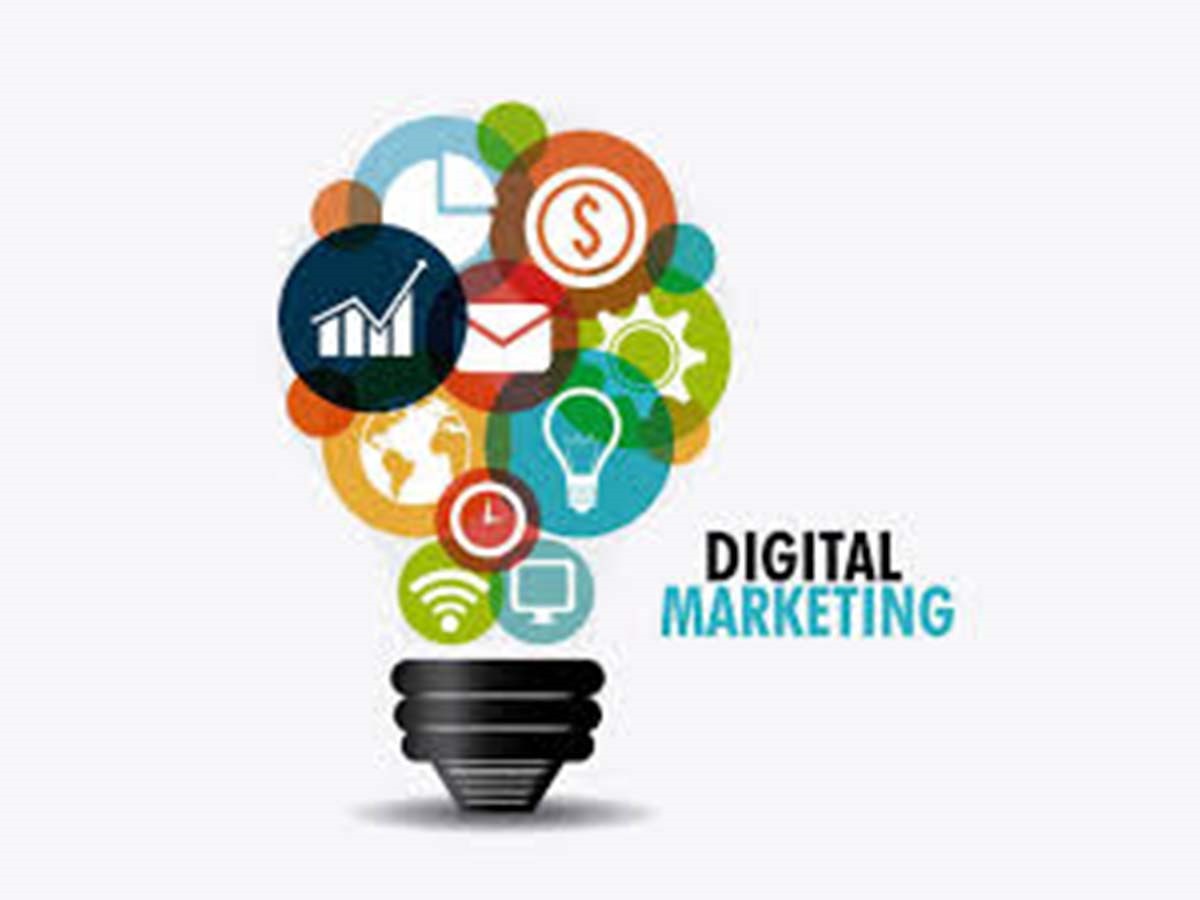
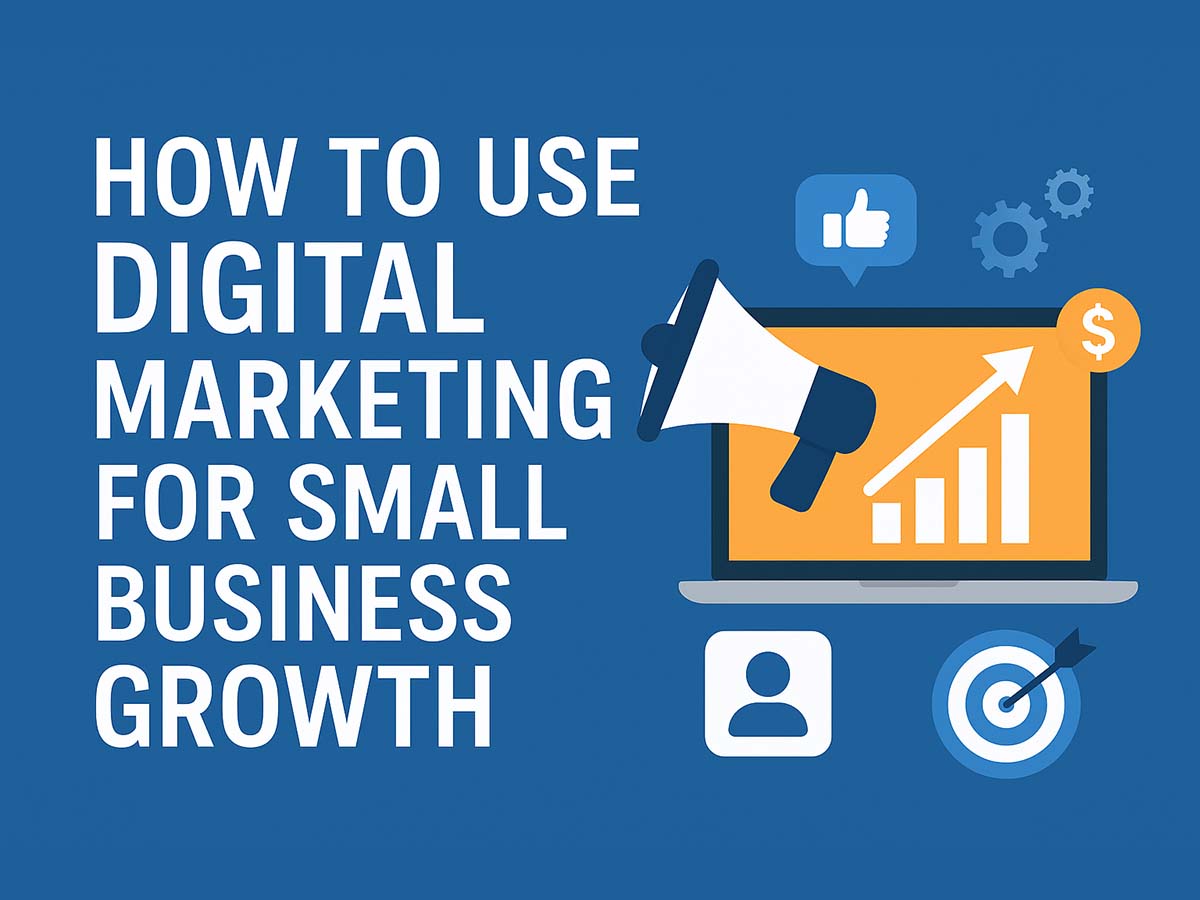
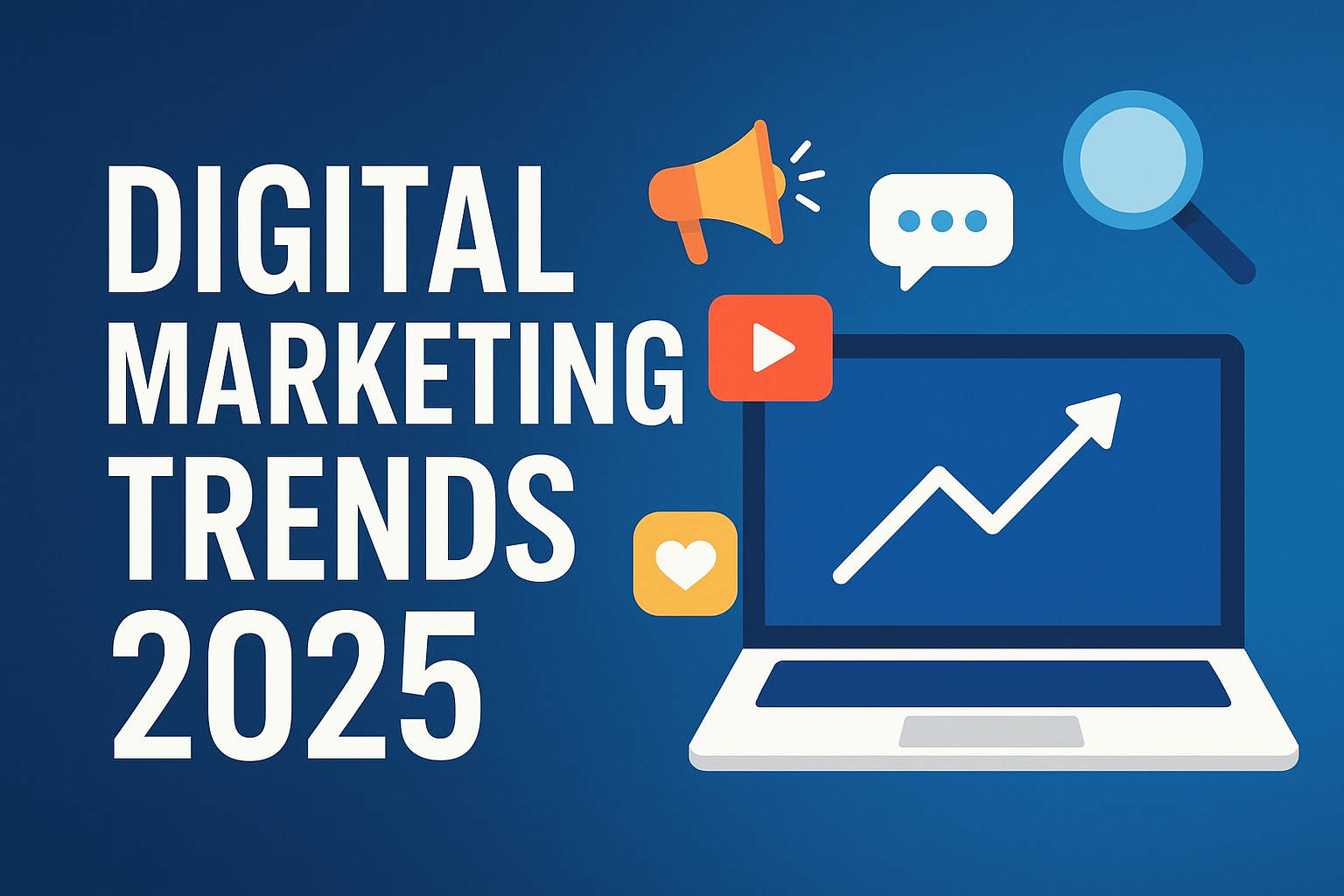
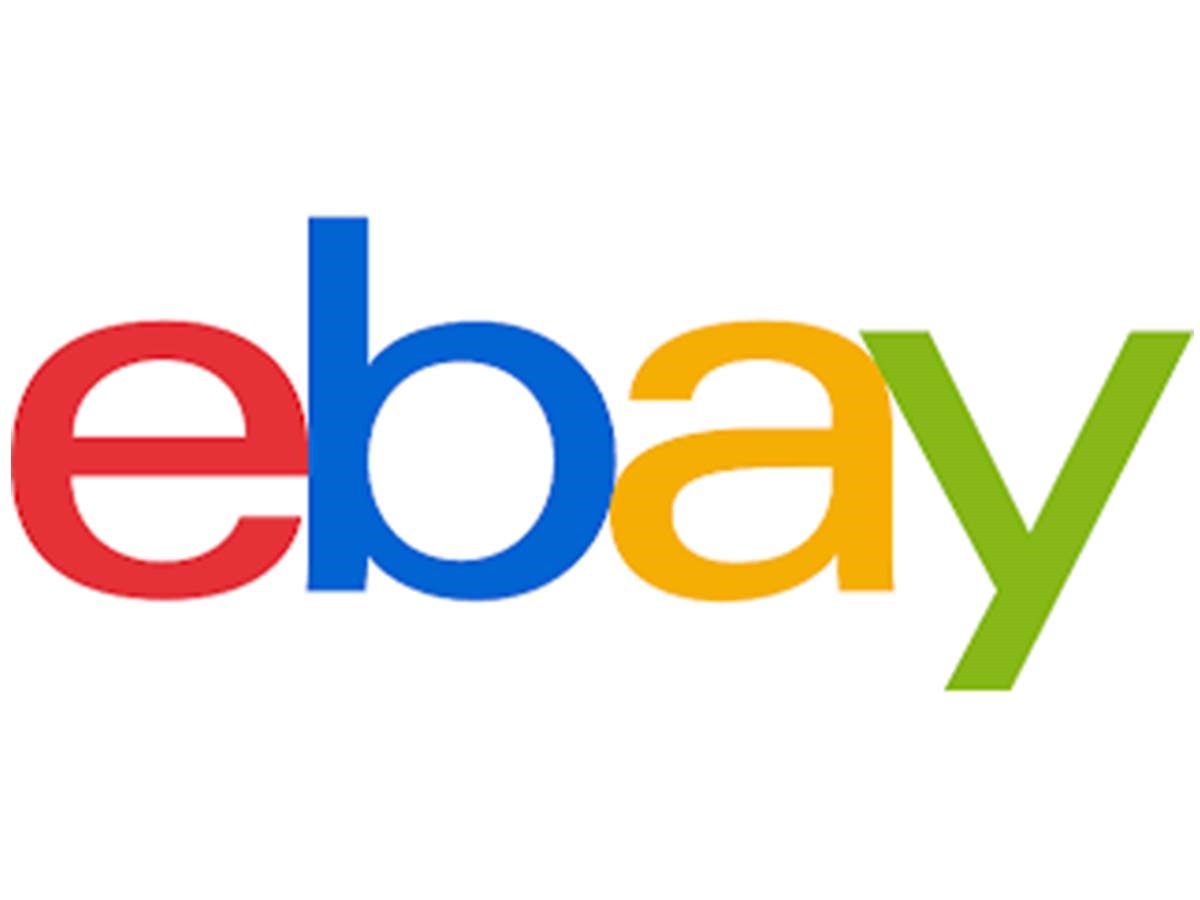

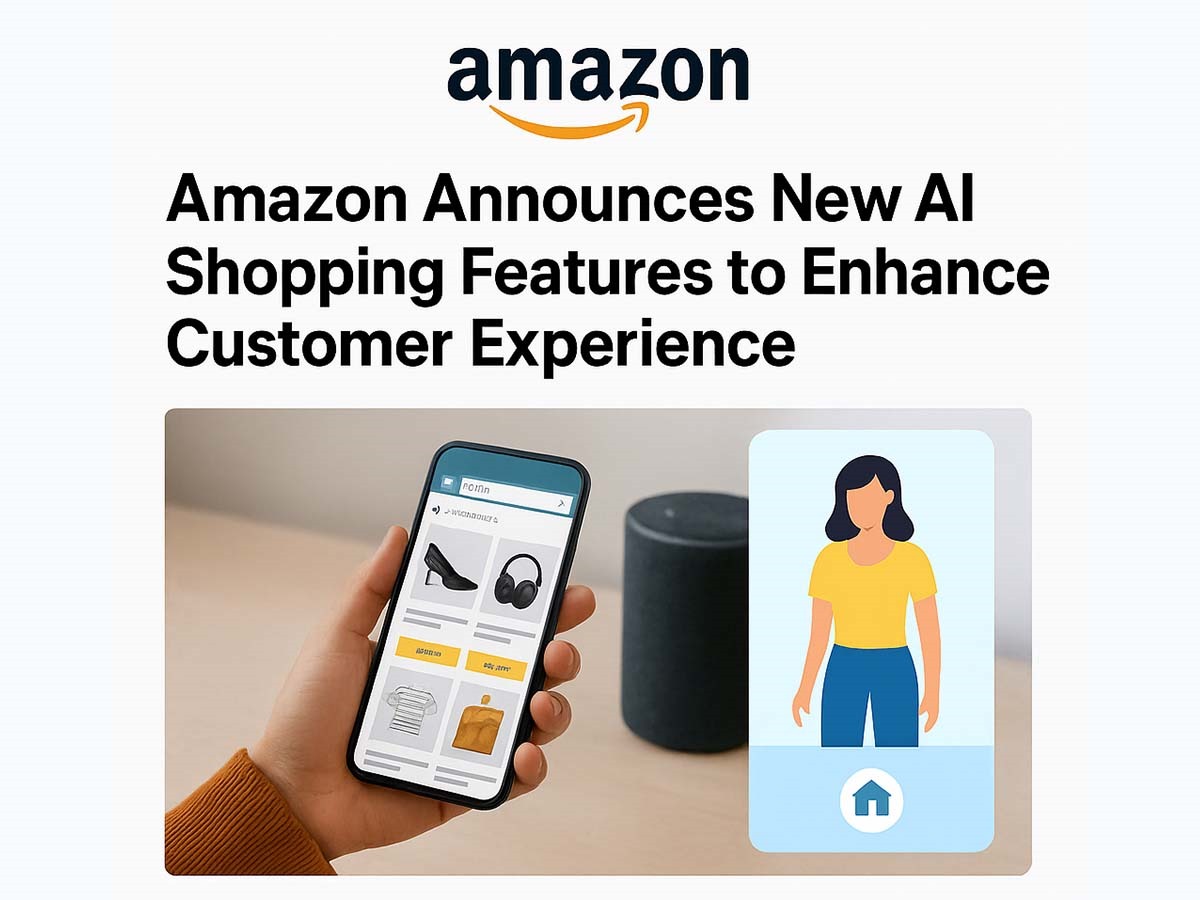

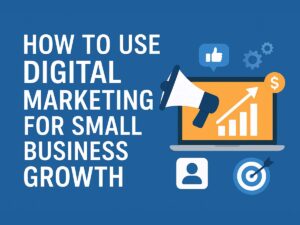
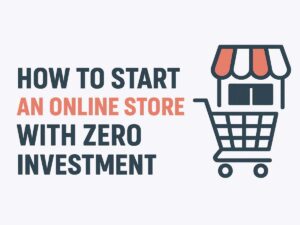
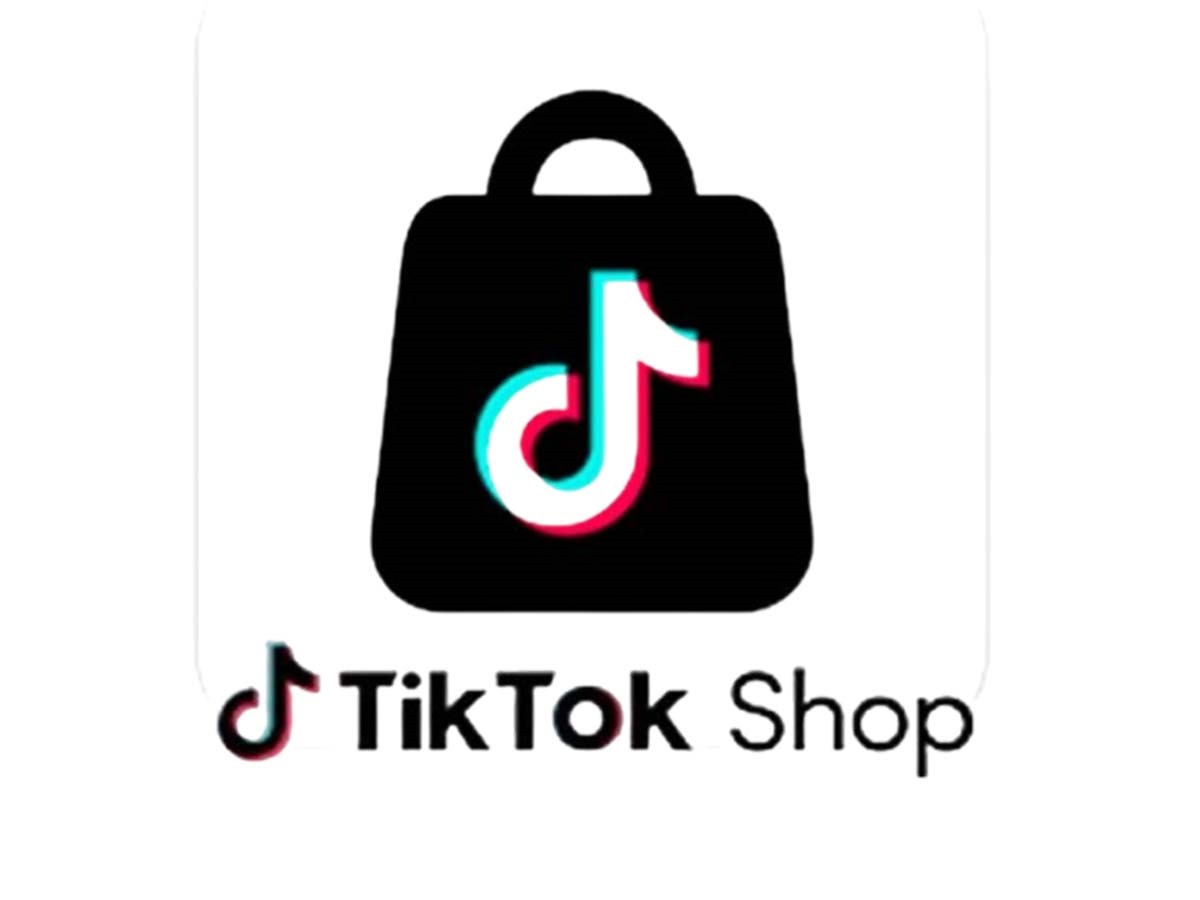
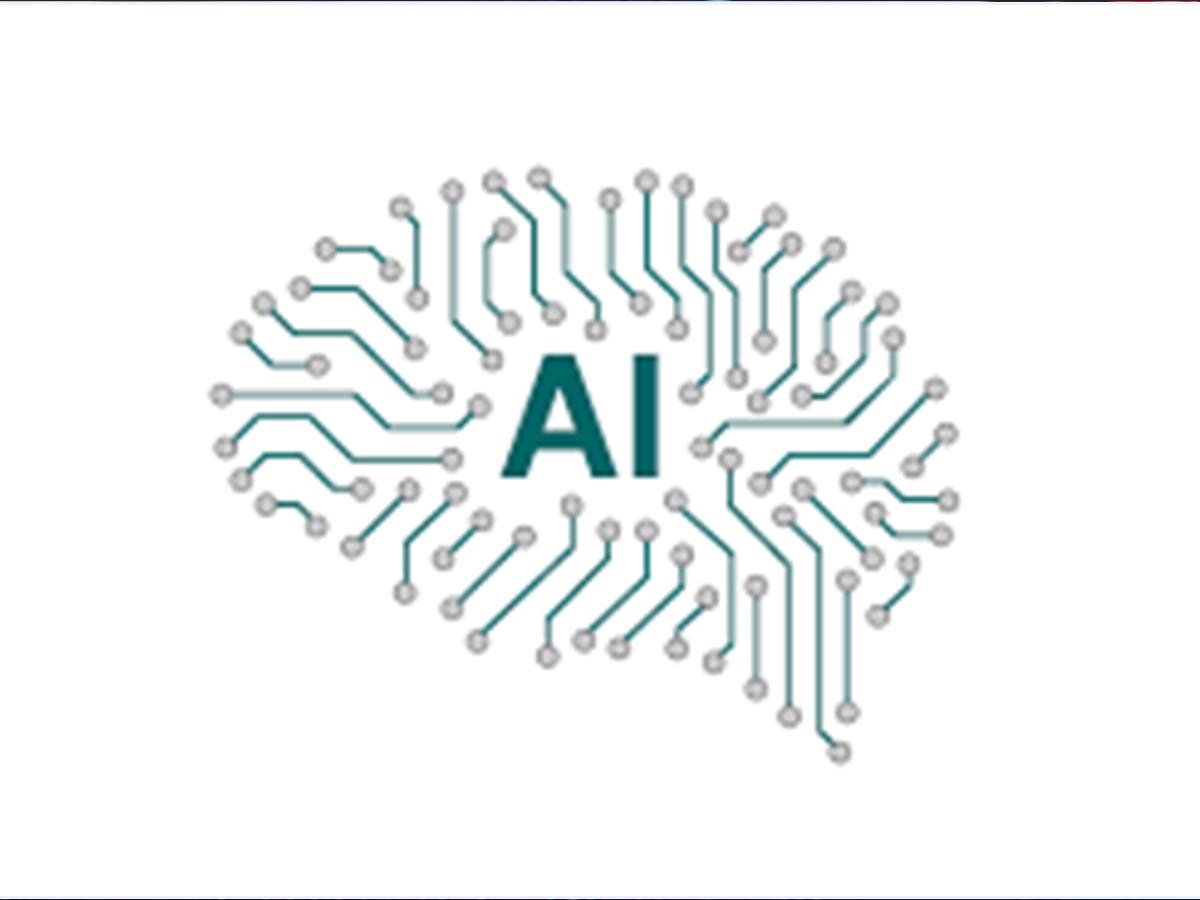

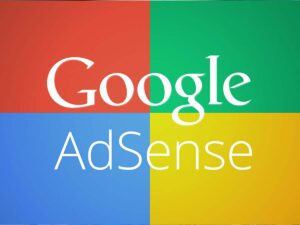
Post Comment